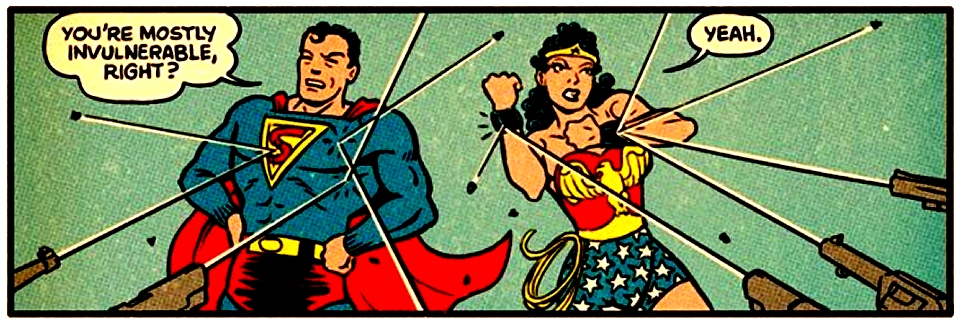One of my favorite one-liners is, “I can believe whatever I want to believe.” That will stop any coach, consultant, or counselor right in their tracks. Some people have these weapons that they wield whenever they feel like they might be feeling challenged beyond their ability.
We work so hard to encourage our clients to reach new heights in their relationships, businesses, and lives, but there is a point where the client is just done reaching for new plateaus. They get to a point where their desire to grow and change is too far beyond their willingness to push through and continue the journey.
You, if you are the coach or therapist, must let go of your expectations. For us in the business, the excitement that comes with accompanying someone on an explosively exciting journey onward and upward is often the fuel that inspires us to do what we do. I know that it is for me, that’s why I only work with the movers and shakers.
I love being nearby or even in the room when someone reaches a breakthrough or epiphany. Seeing people grow and change, go through that metamorphosis from where they were when I first started working with them, then seeing them in the fullness of their capabilities, and being with them step for step along the way, that is the blessing beneath the work that I do.
What does someone mean, when they say, “I can believe whatever I want to believe?”
That means that in your communication and encouragement to look at things from a different perspective you have reached a stage that has gone well beyond the ability of the client to comprehend and they offer up the phrase, “I can believe whatever I want to believe,” in a sense to stop the bus from going any further.
It can also be a refusal to even look at something that might challenge their current rationalization, which gives them a feeling of comfort and security, or it may be more deeply rooted in their belief system or dogma.
In any case, your client has drawn a line in the sand that is not to be crossed, at least, for now.
This is your client’s journey and he or she has every right to direct his or her own path, even if you might see trouble ahead if he or she chooses “this” over “that.”
What can you do?
Of course, you should continue to present the ideas of alternative choices and what the future could hold given different decisions and actions.
You may tell your client about the experiences of other clients who may have chosen “this” over “that.” Third-party reference material may be available that you can refer him or her to.
We encourage always having an open mind, and you too must maintain open-mindedness with your clients at all times, remembering this is their journey, and you must ever tell them what to do. The responsibility for their decisions lies solely on themselves and it is your job to support them and see them face the challenges they may face as they take responsibility for themselves.
So, when someone tells you, “I can believe whatever I want to believe,” know that you’ve reached an impasse and back off your approach, and have your client restate his or her limitations, and work within those boundaries, but don’t stop offering other perspectives or ideas that may encourage them to take a moment and think outside the box.
Besides, that’s what we do best. Right?
And it is the “looking outside the box” that leads to those most valuable life-changing moments.







